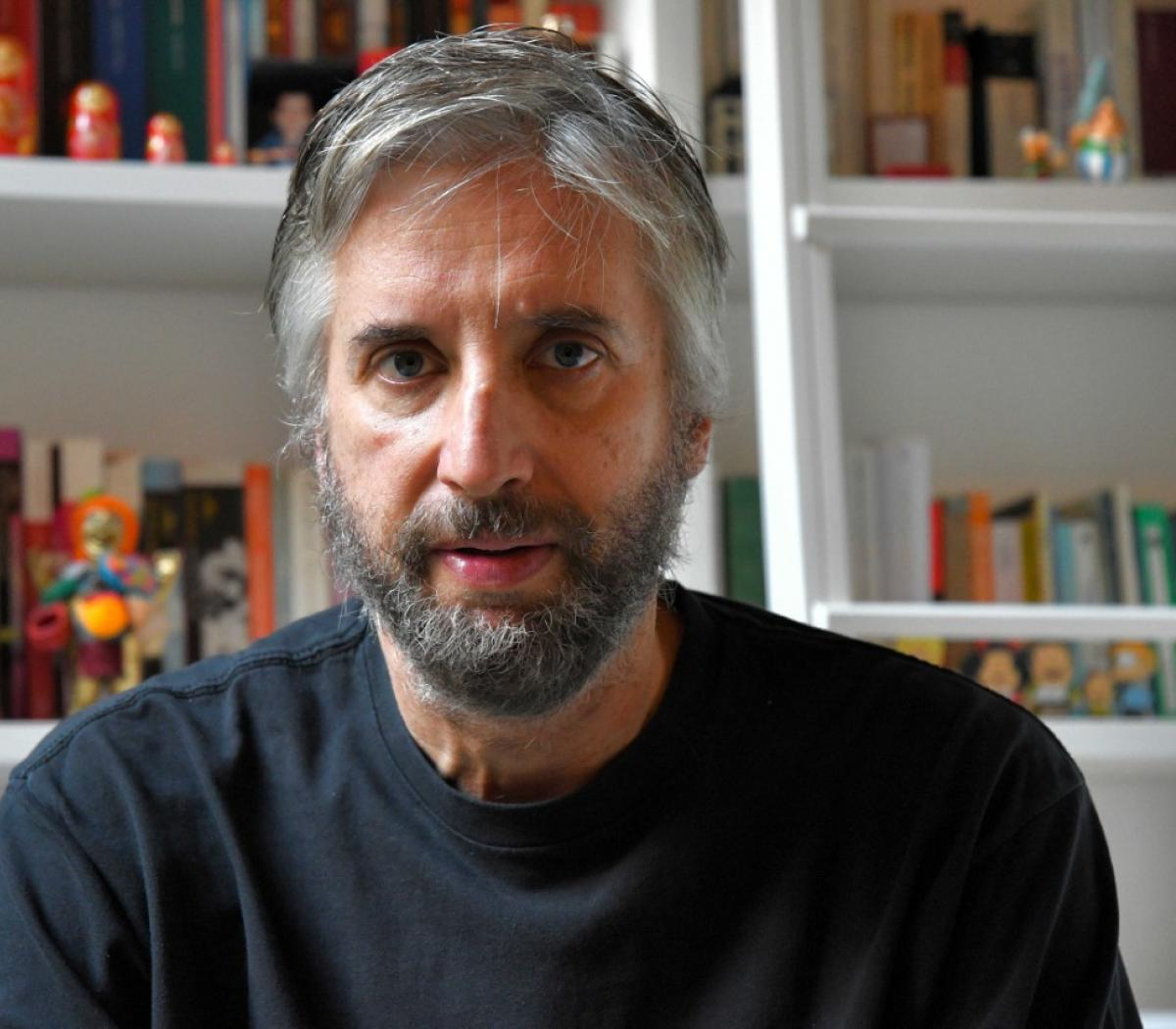NEJM states: "Our mission is to publish the best research and information at the intersection of biomedical science and clinical practice and to present this information in understandable, clinically useful formats that inform health care practice and improve patient outcomes."
Effective mission statements are supposed to be succinct, I presume NEJM chose to omit the other relevant sentence readers would want to understand, which is: "We don't care where the data comes from as long as it supports our chosen narratives."
de·ceiver
a person who causes someone to believe something that is not true, typically in order to gain some personal advantage.
New England Journal of Medicine (NEJM)
There have been nine editors-in-chief from 1921 to the present at the New England Journal of Medicine (NEJM). The current editor-in-chief is Eric Rubin, the former chair of Harvard T.H. Chan School of Public Health's Department of Immunology and Infectious Diseases. (Immunology is the study of the immune system.) Before Rubin, NEJM's editors-in-chief was Jeffrey M. Drazen, an asthma and lung disease expert. Aside from Rubin, no NEJM editor-in-chief has had a background in Immunology and Infectious Diseases.
The Boston Tea Party (Outsiders rarely invited)
Rubin was selected after a NEJM "international" committee conducted a global search. The committee was chaired by Dr. Lynda Young, past president of the Massachusetts Medical Society. Dr. Beverly Woo, of the Department of Medicine at Brigham and Women's Hospital and a faculty member at Harvard Medical School, served as vice-chair. Other committee members were:
Dr. Alain Chaoui, FAAFP, President, Massachusetts Medical Society;
Dr. Karen Antman, Dean, Boston University School of Medicine;
Dr. Harris Berman, Dean, Tufts University School of Medicine;
Dr. Edward W. Campion, Executive Editor, the New England Journal of Medicine;
Dr. Lois Dehls Cornell, Executive Vice President, Massachusetts Medical Society;
Dr. George Q. Daley, Dean, Harvard Medical School;
Dr. Jack Evjy, Past-President, Massachusetts Medical Society;
Dr. Terence Flotte, Dean, School of Medicine, UMass Medical School;
Dr. Danny Jacobs, President, Oregon Health and Science University;
Dr. Thomas Lee, Chief Medical Officer, Press Ganey, and NEJM Catalyst Leadership Board Founder;
Dr. Joseph Loscalzo, Chairman of the Department of Medicine, and Physician-in-Chief, Brigham and Women's Hospital;
Dr. Graham McMahon, President and Chief Executive Officer, Accreditation Council for Continuing Medical Education;
Dr. Erika von Mutius, Professor of Pediatric Allergology, Dr. von Hauner Children's Hospital of the University of Munich, Institute for Asthma and Allergy Prevention, Germany;
Dr. John Noseworthy, Chief Executive Officer, Mayo Clinic;
Dr. Chana Sacks, Images Editor, the New England Journal of Medicine, Division of General Internal Medicine, Massachusetts General Hospital, and;
Dr. David Spriggs, Associate Editor, the New England Journal of Medicine, Director of the Gynecologic Oncology Program, Massachusetts General Hospital Cancer Center.
The vast majority of this "international" search committee works in the Boston area.
For historical reference, the first quarterly edition of the New England Journal of Medicine and Surgery and the Collateral Branches of Medical Science (Boston) was published in January 1812. It was a result of a collaboration between John Collins Warren, a Boston physician, and his colleague James Jackson. In 1921, their journal merged with the Boston Medical Intelligencer to become the Boston Medical and Surgical Journal; it also began weekly publication that year and was purchased by the Massachusetts Medical Society.
Rubin became NEJM's editor-in-chief in September 2019, approximately three months before the World Health Organization (WHO) was informed of cases of pneumonia in Wuhan City, China. On January 7, 2020, Chinese authorities identified coronavirus as the cause, and it was temporarily named "2019-nCoV." Rubin's September 2019 appointment as editor-in-chief at the NEJM was quite timely.
Not Long Before Controversy
On November 2, 2021, Bri Dressen participated in a US Senate meeting at which issues were raised about coronavirus vaccine harms and related mandates. Dressen was a clinical trial participant for the AstraZeneca COVID-19 vaccine.
After having just one dose, Dressen experienced adverse effects. The effects were so severe and long-lasting that she had to quit her job as a preschool teacher and hire a nanny to care for her two young children. Here's her testimony.
Dr. Fernando Polack is a Specialist in Pediatric Infectious Diseases. His work is funded by the Bill & Melinda Gates Foundation









No comments: